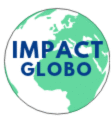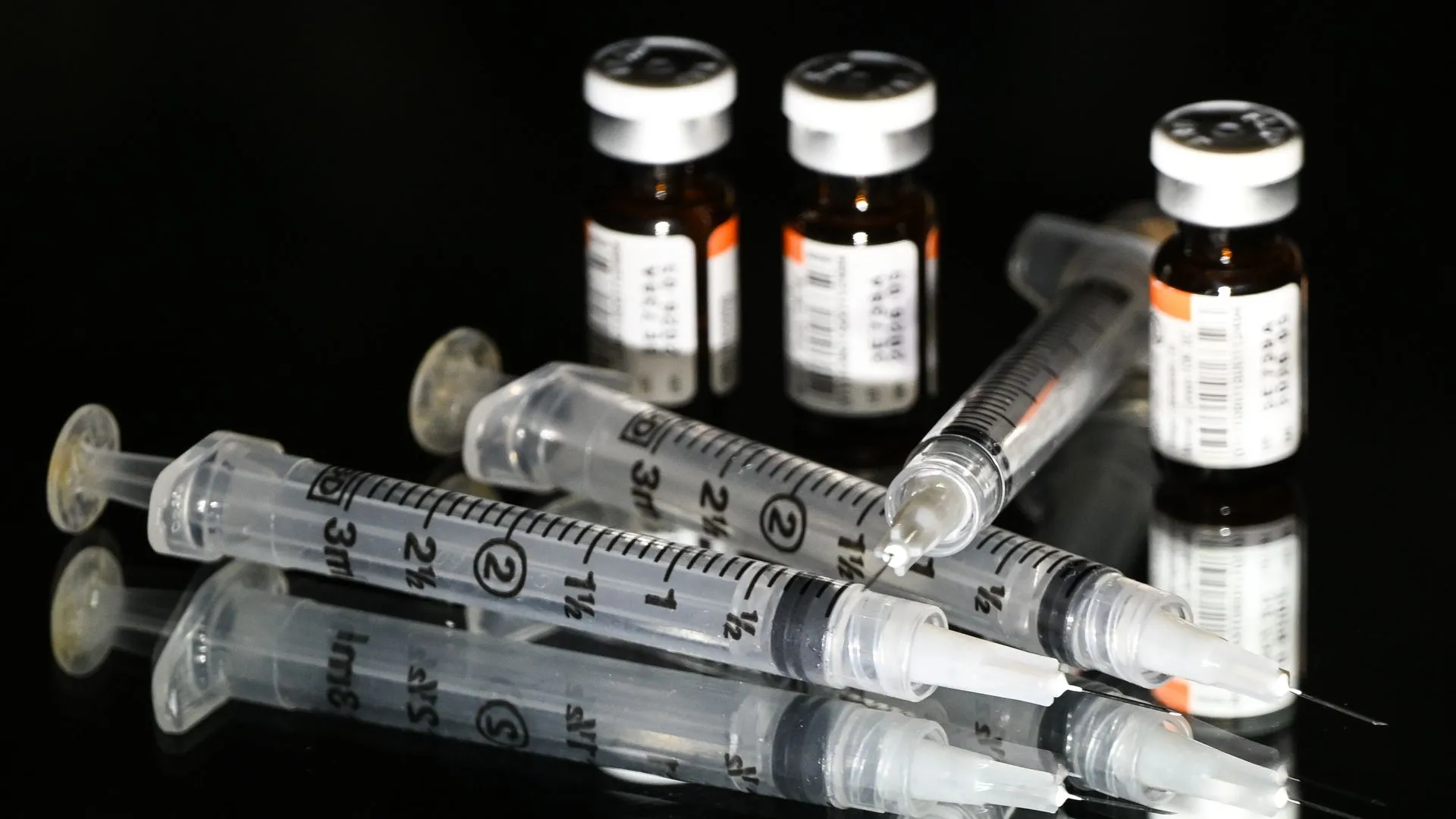JOHANNESBURG — Just days before South African researchers were set to launch clinical trials for a promising HIV vaccine, an unexpected email brought their work to a grinding halt: all funding from the United States had been abruptly withdrawn.
The message was devastating. The project, called BRILLIANT, had symbolized not only scientific hope for combating one of history’s deadliest pandemics but also a testament to Africa’s rising leadership in global health innovation. The cancellation came as part of a broader foreign aid rollback by the Trump administration, which cited a renewed focus on domestic priorities.
The decision delivered a major blow to South Africa—a country at the epicenter of the HIV/AIDS epidemic, where over 7 million people live with the virus. The U.S. had previously been a leading supporter of HIV/AIDS programs in the region through initiatives like PEPFAR and USAID, contributing roughly $400 million annually to South Africa alone. That funding is now gone. Glenda Gray, who leads the BRILLIANT program and is widely regarded as a leading authority in global health, expressed serious concern over the sweeping impact of the U.S. funding cuts.
She underscored Africa’s essential role in the global response to HIV, pointing out that South Africa, in particular, has long stood at the forefront of groundbreaking medical research. Gray noted that African scientists have been instrumental not only in developing life-saving HIV therapies but also in establishing global standards for the design and execution of clinical trials—often delivering results with unmatched speed, efficiency, and cost-effectiveness.
“Our researchers,” she noted, “consistently carry out clinical trials that are more efficient, more affordable, and often completed more quickly than anywhere else in the world.” By excluding Africa from the international research ecosystem, she warned, the global scientific community stands to lose an invaluable source of knowledge, innovation, and progress. “Cutting us out,” she said, “isn’t just a regional setback—it’s a profound loss for science worldwide.”
South African scientists have played a defining role in driving major public health advancements worldwide. During the COVID-19 pandemic, for example, they conducted pivotal trials for the Johnson & Johnson and Novavax vaccines and identified key variants through world-class genomic surveillance. Their expertise was once again evident in the BRILLIANT project, which aimed to develop and test a groundbreaking HIV vaccine specifically designed to reflect the region’s distinctive genetic makeup and complex viral landscape.
The now-suspended vaccine was showing promising signs of eliciting a protective immune response, according to Professor Abdullah Ely, who leads the vaccine development team at the University of the Witwatersrand (Wits). Inside the state-of-the-art laboratories at Wits, researchers like Nozipho Mlotshwa—a young technician who relies on her grant-funded position to support her family—now grapple with the looming threat of job loss. Her future—and those of dozens of others—hangs in limbo.
“It’s very sad and devastating, honestly,” Mlotshwa said. “We’re not just losing jobs. We’re losing collaboration, mentorship, innovation. We’re losing hope.” The BRILLIANT program has halted the purchase of critical equipment and is urgently seeking alternative funding sources to keep the work alive. However, South Africa’s health department has already reported the layoff of more than 100 HIV researchers, along with the loss of thousands of health workers, data collectors, and rural HIV counselors whose work formed the backbone of patient care and disease surveillance.
Postdoctoral researchers, who have dedicated years of rigorous training to advancing life-saving scientific discoveries, now face the alarming possibility of being driven out of the research ecosystem altogether. This not only threatens their individual careers but also risks depriving society of a generation of skilled scientists whose expertise is vital for future medical breakthroughs and innovations.
The broader consequences of these funding cuts are profoundly concerning, extending far beyond immediate budgetary shortfalls. Government projections indicate that South African universities and research institutions are poised to lose over $107 million in U.S. research support within the next five years. This decline is not just a financial gap—it threatens to disrupt critical scientific projects addressing urgent health, environmental, and technological challenges. It undermines the stability of academic careers, leaving postdoctoral fellows and early-career scientists particularly vulnerable to leaving the research pipeline altogether. The cuts also jeopardize the training of future researchers, weakening the very foundation on which the country’s scientific capacity depends. Left unchecked, this funding crisis risks widening the global innovation divide, eroding South Africa’s ability to remain competitive in the international knowledge economy, and diminishing its role as a hub of scientific collaboration and discovery.
This looming shortfall extends far beyond HIV/AIDS efforts and threatens critical work on tuberculosis (TB)—another highly infectious disease that continues to claim thousands of lives annually across the region. Given South Africa’s high TB burden, the loss of such funding jeopardizes vital research, diagnostic programs, and treatment initiatives, potentially reversing years of hard-earned progress in combating both epidemics.
Universities South Africa, a body representing the country’s higher education institutions, has formally requested over $110 million in emergency funding from the national treasury to prevent a total collapse of major research initiatives.But domestic replacement for U.S. aid remains elusive. Even as countries like Zambia, Nigeria, Burundi, and Ivory Coast are attempting to increase local investments in HIV programs, the scale and consistency of American funding are unmatched.
Winnie Byanyima, executive director of UNAIDS, who visited South Africa in June, didn’t mince words: “What African governments are putting forward is commendable, but it will not match the magnitude and depth of support that U.S. aid provided. The lives at stake are real. This isn’t just about funding—this is about the future of public health across the continent.”
The consequences are already visible. Access to life-saving antiretroviral medications has become more difficult. New HIV infections are expected to rise. And without data tracking, outreach, and clinical innovation, decades of progress in HIV treatment and prevention risk being undone.
What’s happening in South Africa is more than a funding crisis—it is a warning. The abrupt dismantling of a global health partnership built over decades threatens not only the most vulnerable populations in Africa but also global scientific advancement. Without immediate action, the world stands to forfeit a key center of medical innovation—along with a pivotal chance to advance toward a long-sought breakthrough in the battle against HIV.

